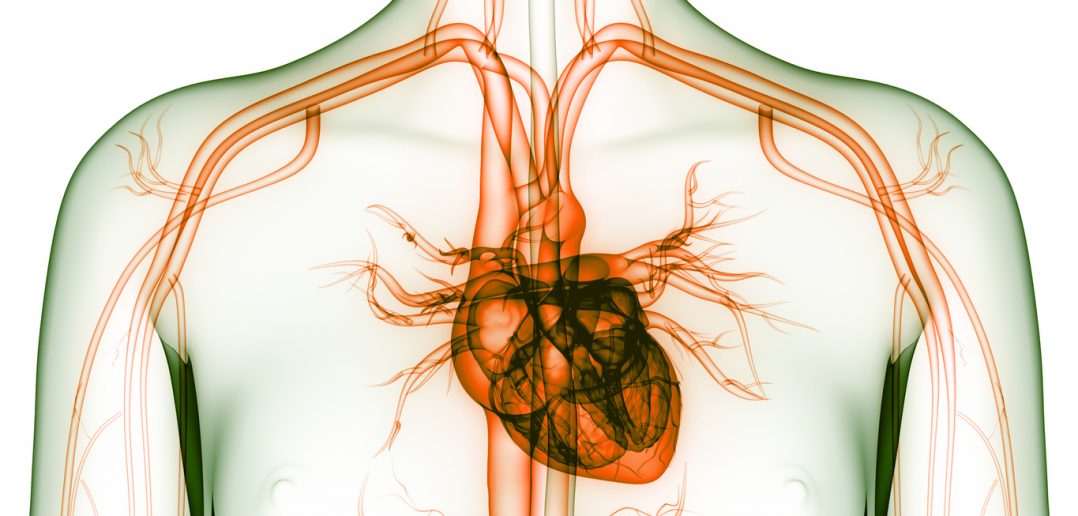An electrophysiologist develops tailor-made treatment for atrial fibrillation.
Cardiac electrophysiologist Jérôme Kalifa, MD, PhD, almost became a professional musician. He studied violin at the Conservatoire de Lausanne in Switzerland before earning an MD and PhD from Aix-Marseille Université in France.
But electrophysiology and atrial fibrillation, his chosen areas of specialization, do share attributes with music. Not only is the heart a rhythm instrument; like a symphony, it is polyphonic. The skill a conductor uses to interpret a score, which appears as many individual instrumental lines, is not dissimilar to the expertise electrophysiologists develop to make sense of many-layered electrical maps of the heart.
There electrophysiologists are disadvantaged, because the “score” upon which they rely to treat arrhythmia disorders like atrial fibrillation (AF) is woefully incomplete. It’s not feasible to comprehensively record the heart’s electrical activity by manipulating catheter inside a beating heart, so clinicians have only partial sets of information to guide their decisions.
As such, the treatment of AF by catheter ablation has become a “one-size-fits-all strategy,” Kalifa says, using pulmonary vein isolation (PVI), even though each patient’s diseases different. It’s clear that this approach isn’t working as well as it needs to: it stops AF successfully in only about 60 percent of patients with paroxysmal AF, and about 50 percent of those with persistent AF. What’s missing, many hypothesize, is the treatment of other triggers emanating from the atrial wall.
Identifying the patterns of electrical activity that underlie AF has been Kalifa’s research passion for more than a decade. Along the way, two compatriots from Marseille—electrophysiologists Julien Seitz, MD, and Clement Bars, MD—invited him to join their software startup, Volta Medical, which aims to give clinicians a more complete picture so they can tailor ablation treatments.
Volta Medical collected and curated data from AF patients, including the outcomes of their ablation procedures, and used artificial intelligence to create system called VX1, which highlights “interesting” regions of the heart during electrophysiology procedures, Kalifa says. The software looks for dispersion electrograms and automates atrial and mapping cycle length, and highlights regions deemed suspicious, allowing the clinician to take a closer look and ablate there to potentially improve outcomes.
That strategy yielded promising results in a clinical study, Kalifa says. Now, with FDA clearance and some $28 million in venture capital, the company has embarked on a randomized controlled trial to demonstrate whether clinicians, when guided by the information from Volta Medical, achieve better outcomes for patients with AF.
Tailored AF is enrolling 300 participants in Europe and the US; everyone in the control arm will undergo PVI, while those in the study arm will get PVI plus additional ablation when doctors, guided by VX1, determine it’s warranted.
“As a patient, you would hope that your treatment would be well suited to your disease, but we haven’t had a way to tailor any type of therapeutic approach to a particular patient,” Kalifa says.




